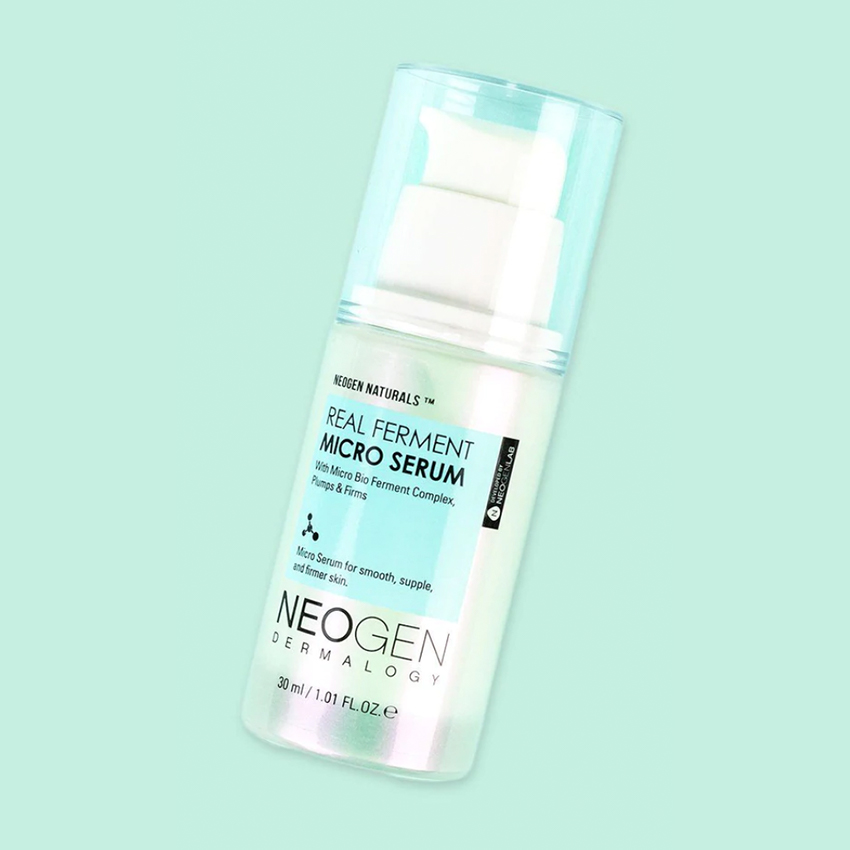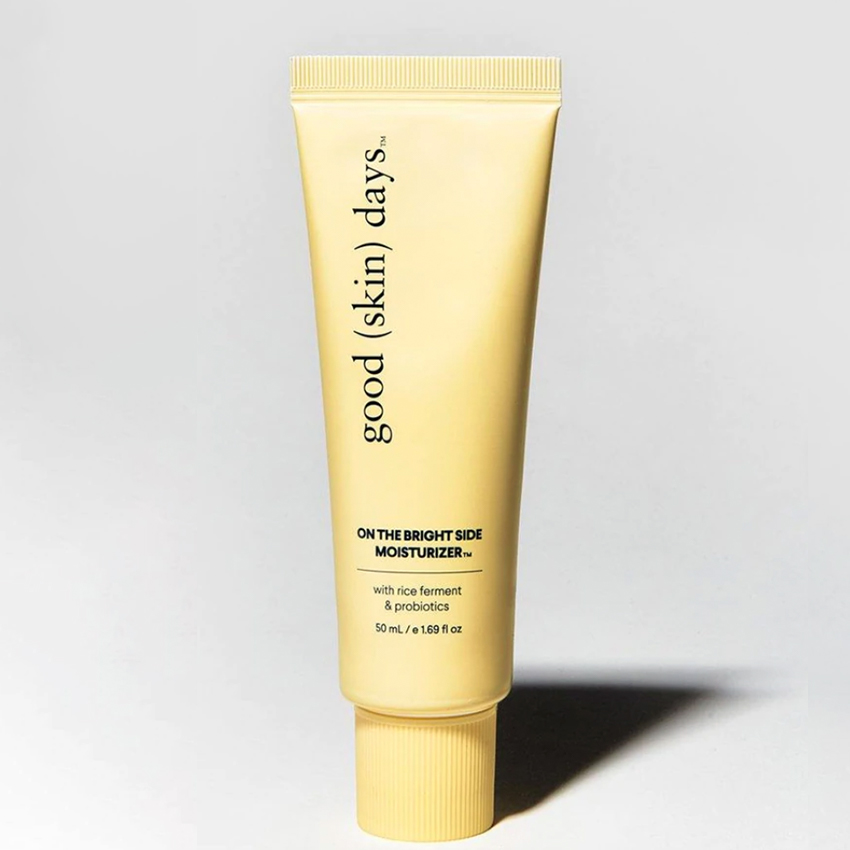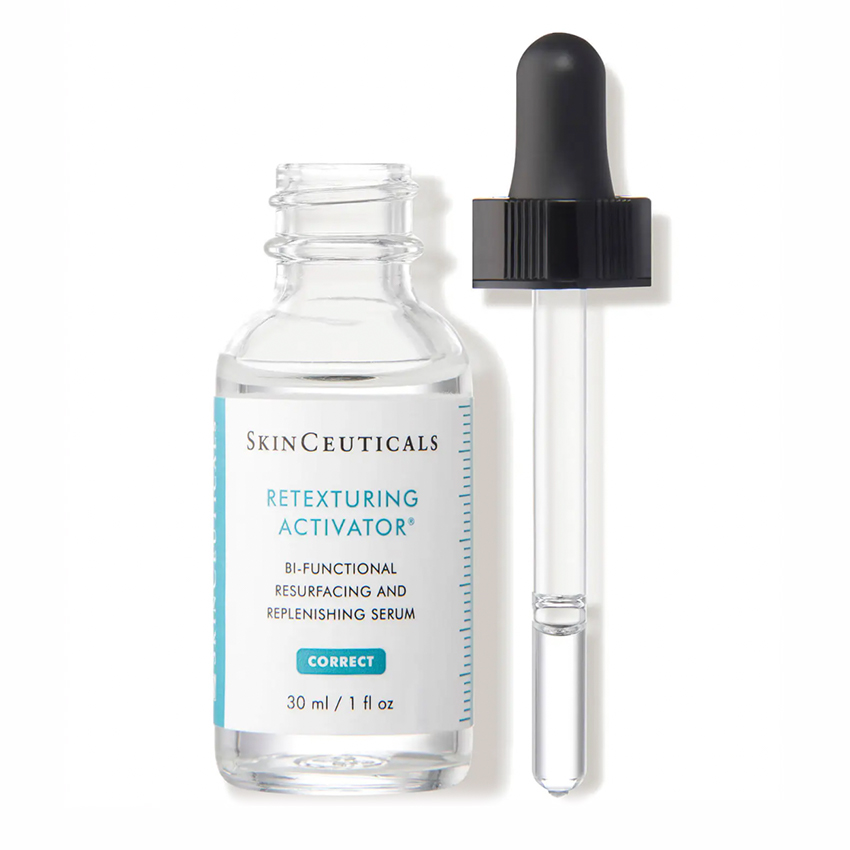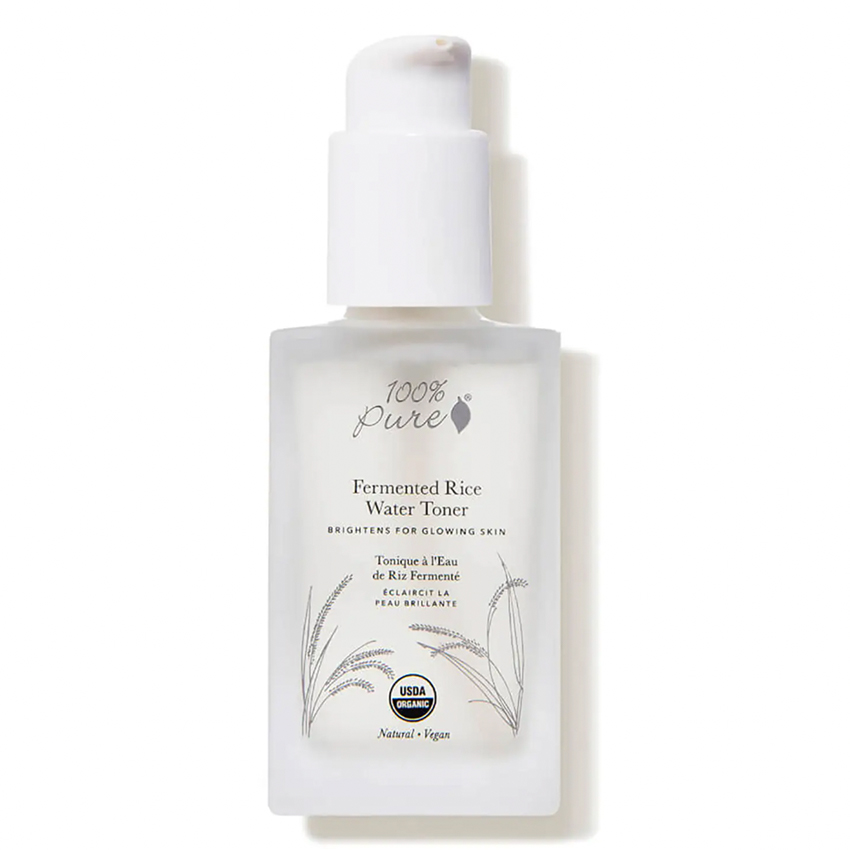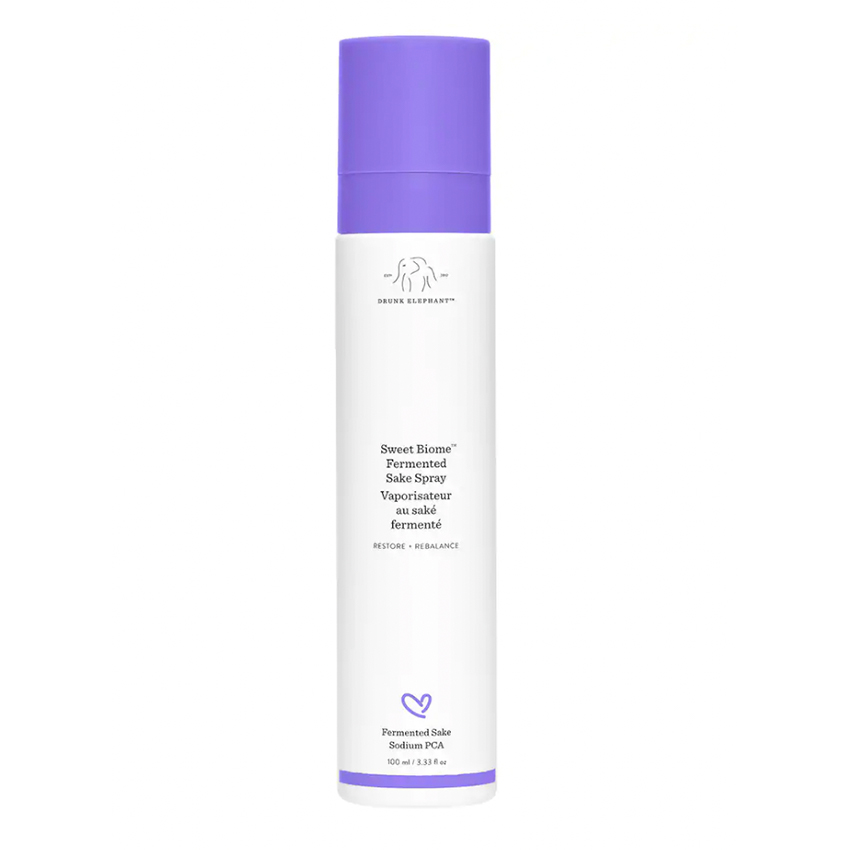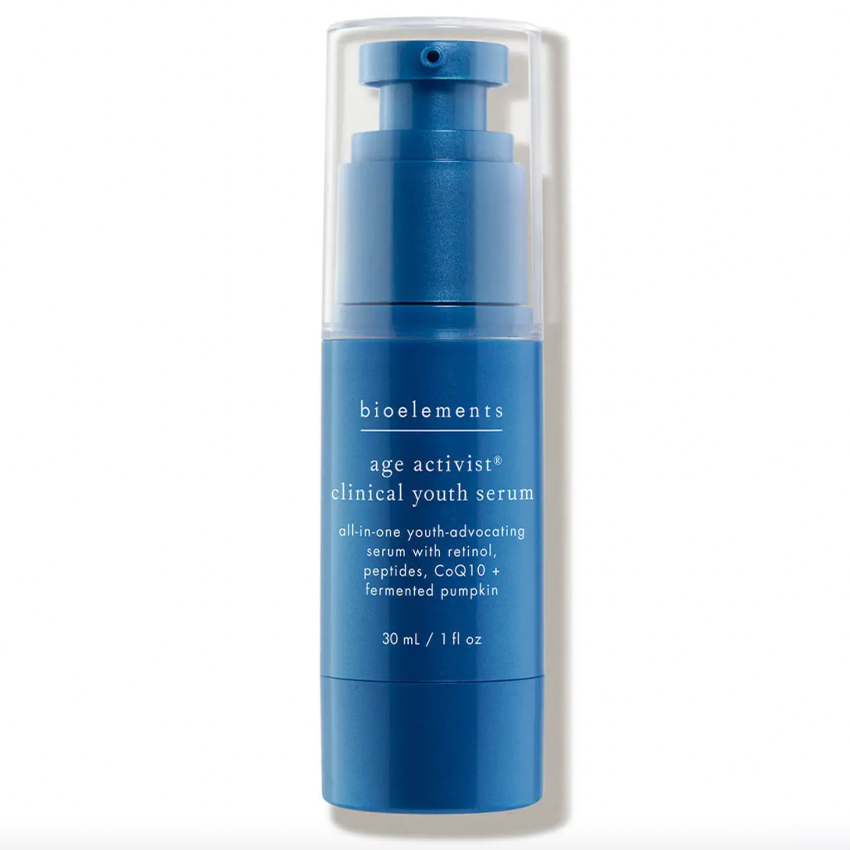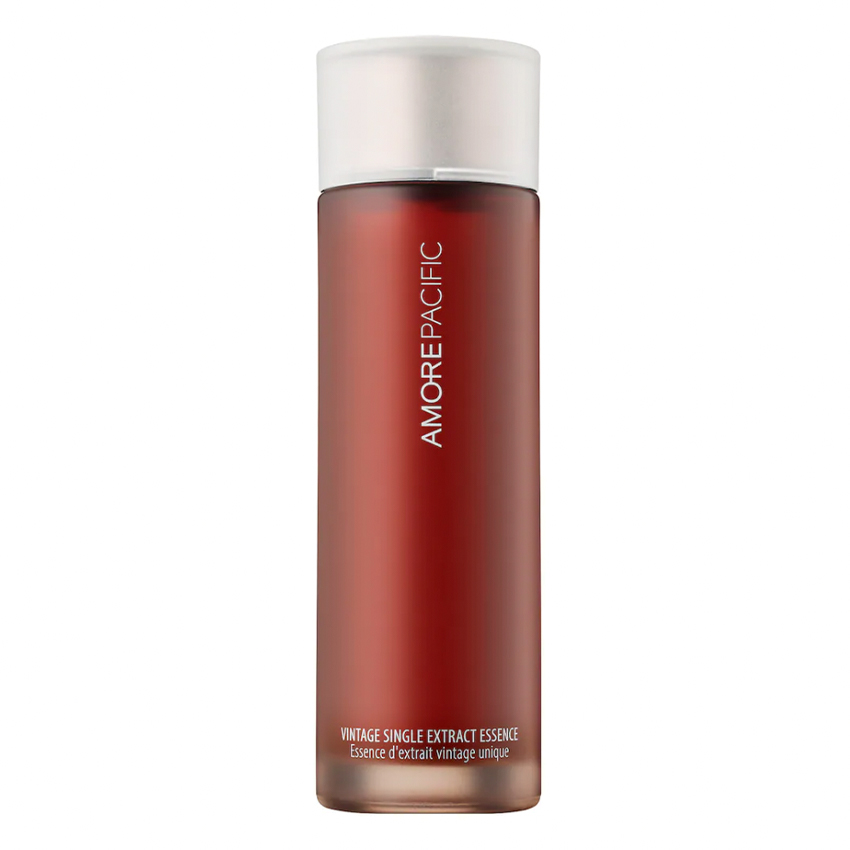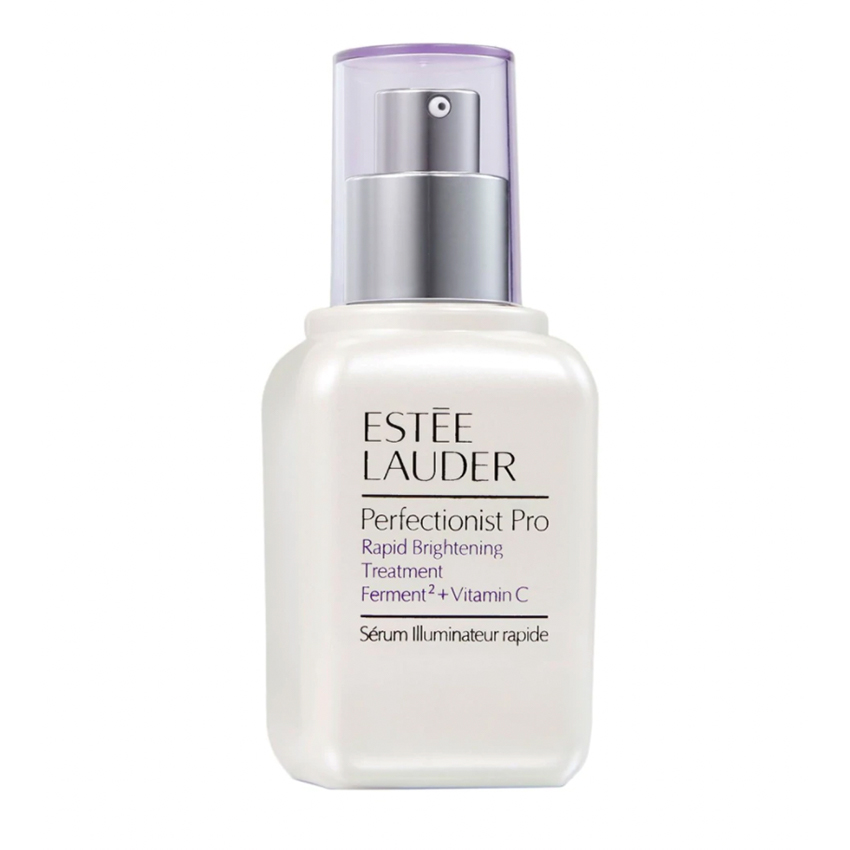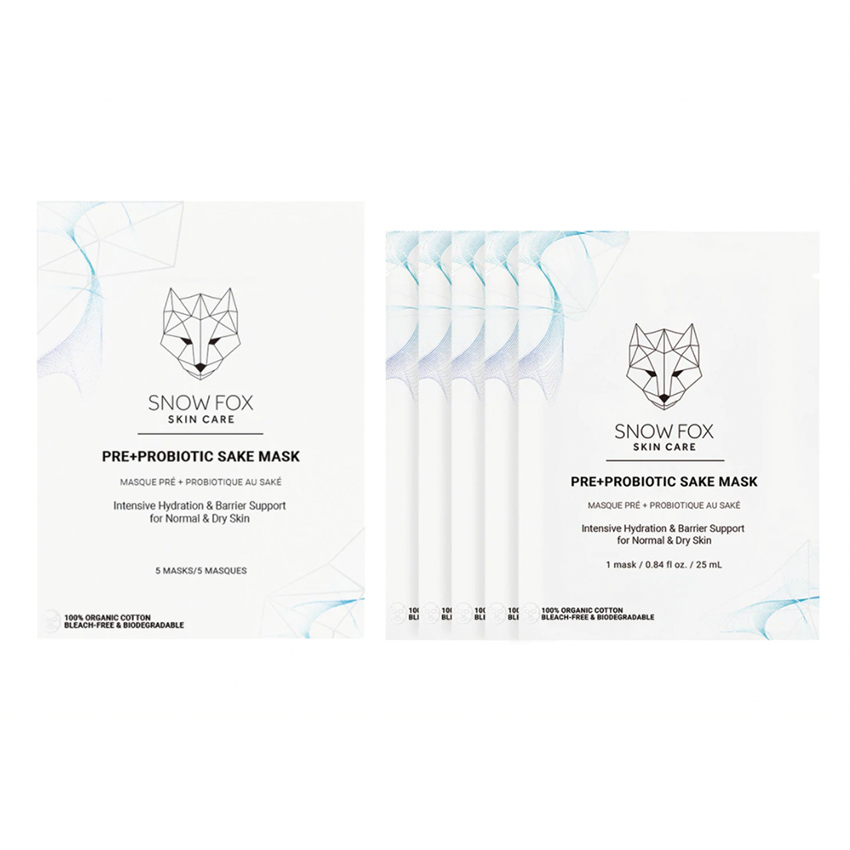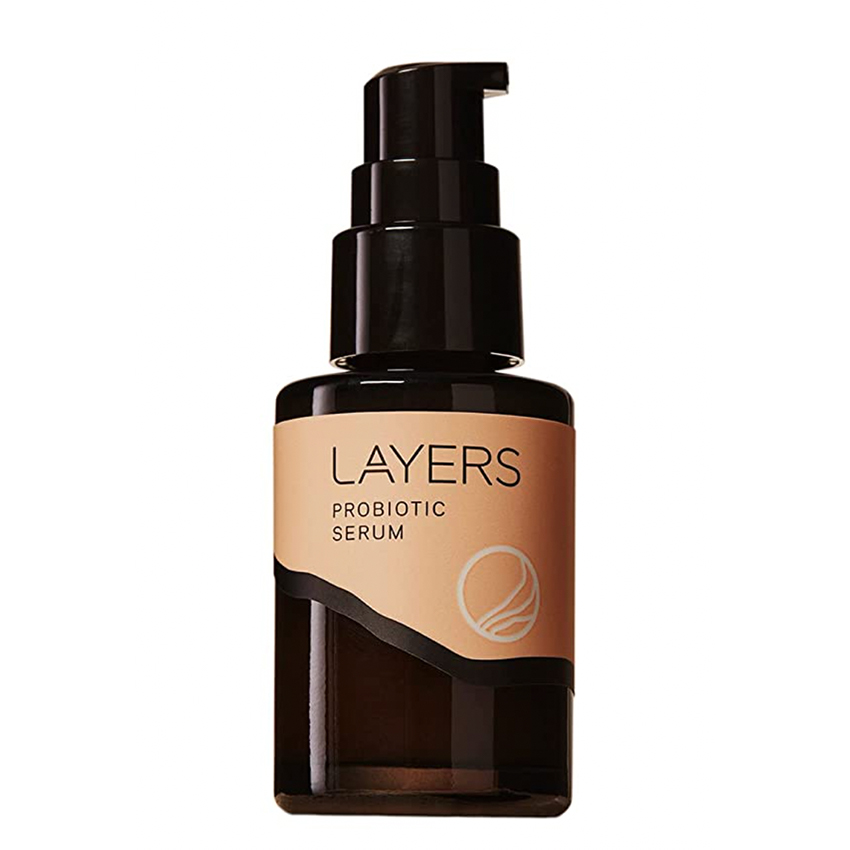Fermented Beauty Products Sound Cool, But Do They Work? I Sleuthed for You
It feels like I’m always hearing about buzzy skincare ingredients. (It is my job, after all.) Once a buzzy ingredient or formulation shows up in my inbox more than three times, however, I know it’s officially a trend. Lately, there’s one particular trend that will not stop popping up everywhere I look: fermented skincare.
Fermented skincare isn’t actually new, per se, but brands are making tons of interesting and high-powered formulations. In fact, you’ve probably been using fermented skincare products for years without even realizing it. Popular ingredients such as lactic acid, hyaluronic acid, amino acids, and peptides are all technically fermented.
"Products that specifically refer to themselves as ‘fermented skincare’ often contain either probiotics or plant ingredients plus yeast or beneficial bacteria to break sugars down into acids, probiotics, and postbiotics,” says Rebecca Marcus, MD, board-certified dermatologist.

What are the benefits of fermented ingredients in skincare?
"During fermentation, enzymes break down ingredients like fruit or yeast to produce ‘postbiotics’ such as peptides, acids, and antioxidants,” says Sara Hogan, MD, FAAD, a board-certified dermatologist at Luxe Dermatology + Aesthetic Center. "Because of how they are synthesized, these metabolites are more concentrated and more potent. And because of their small size, they more easily penetrate the skin.” Some of the most popular fermented ingredients have tons of benefits for the skin.
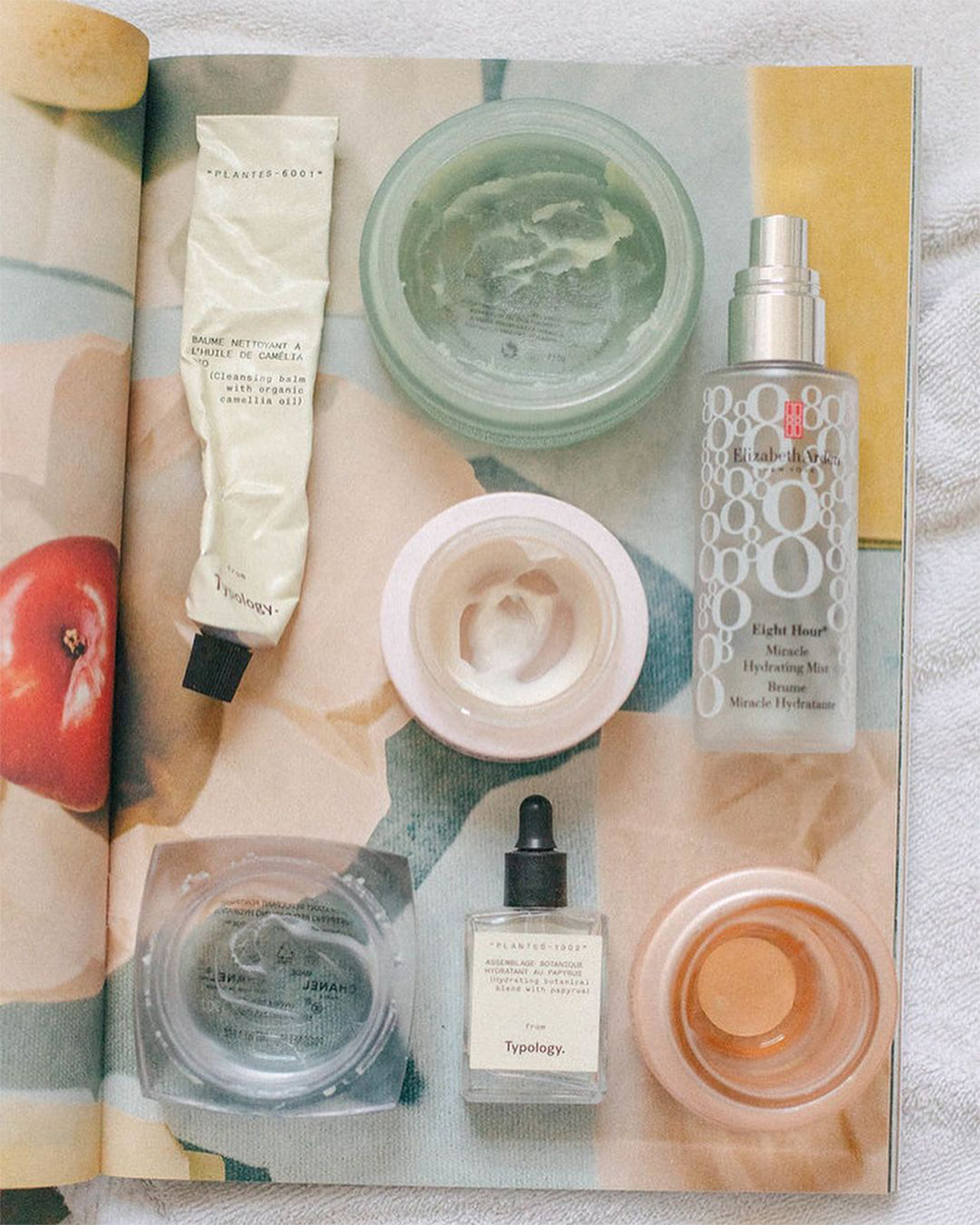
Lactic acid: "Lactic acid is formed when bacteria or sugar-rich foods like milk go through fermentation and has been shown to increase ceramide biosynthesis, skin cell turnover, and collagen production,” says Hogan.
Amino acids: These acids are a byproduct of fermentation, and they "hydrate the skin and support collagen production, helping to stave off lines and wrinkles,” says Marcus.
Hyaluronic acid: Hyaluronic acid pulls moisture into the skin, helping boost hydration.
Probiotics: Probiotics help support and maintain the skin’s microbiome, which is another huge skincare trend this year.
Fruit acids or AHAs: These are "excellent chemical exfoliants that keep skin fresh and glowing,” says Marcus.
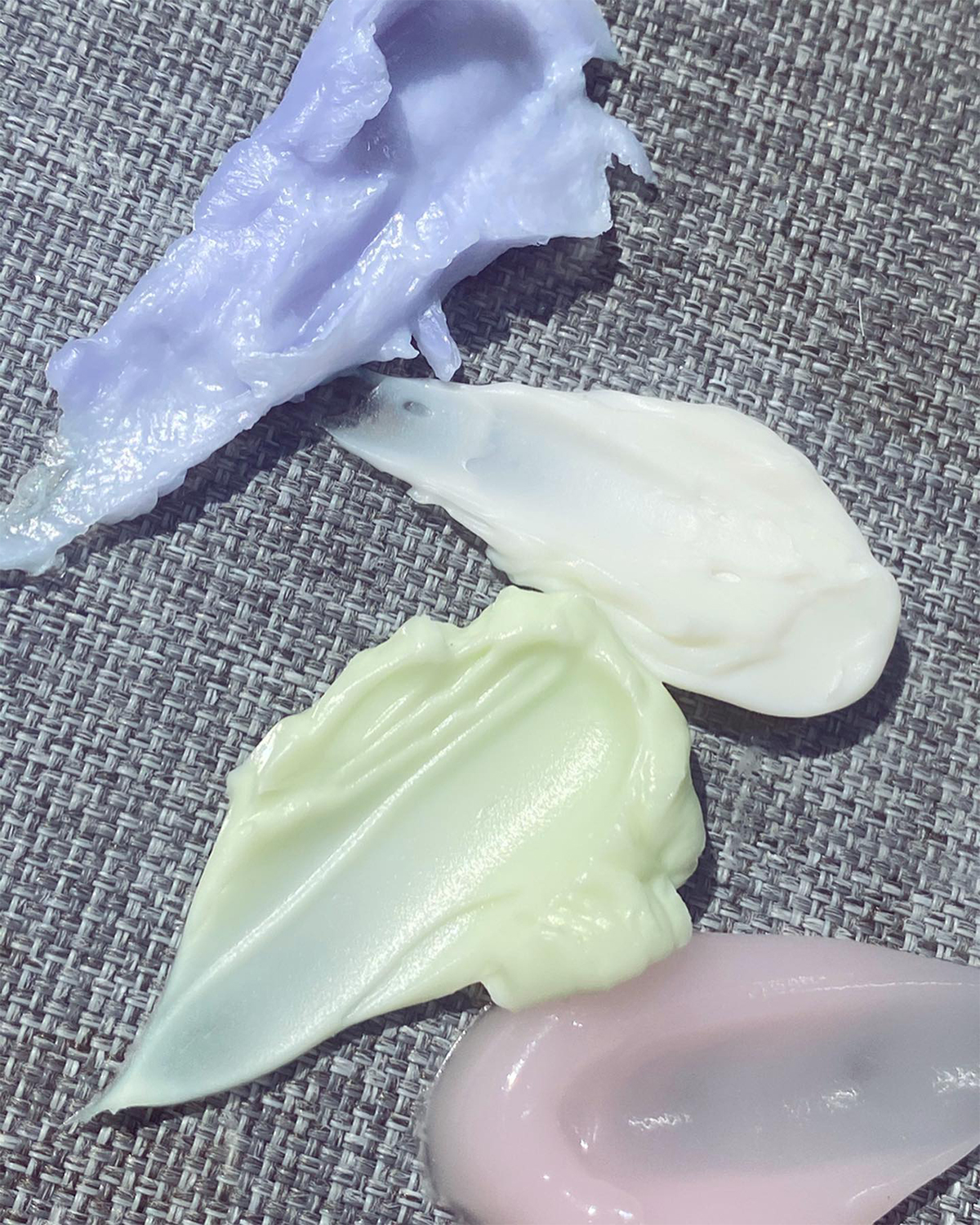
Who is fermented skincare best suited for?

It depends on which ingredient is in the product you want to use. "Probiotics support the skin barrier and decrease redness, so this ingredient would be helpful for someone with sensitive skin,” says Marcus. "Some of the acids produced by fermentation, such as lactic acid and malic acid, are helpful for those in need of gentle exfoliation or pigment correction.” Below, I’ve rounded up dermatologist-loved fermented skincare products and some of my personal favorites.
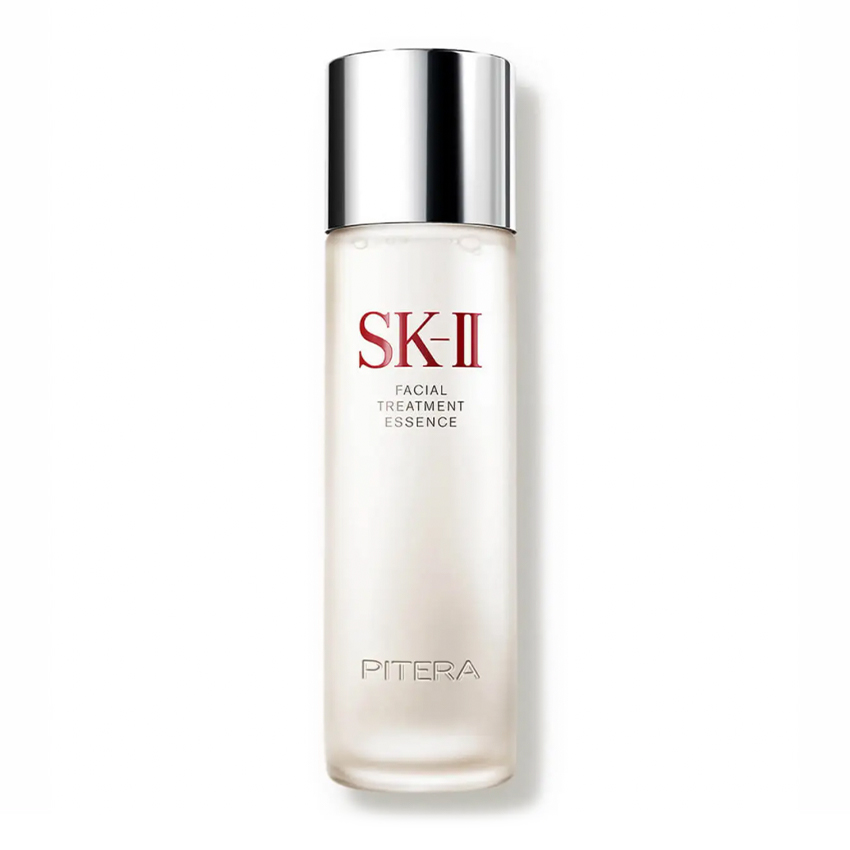
"SK-II Facial Treatment Essence contains a proprietary liquid of amino acids and vitamins that is synthesized from yeast fermentation,” says Hogan. "It is considered the gold standard for facial essence. It hydrates and lightly exfoliates at once, leaving a glow after being applied.”
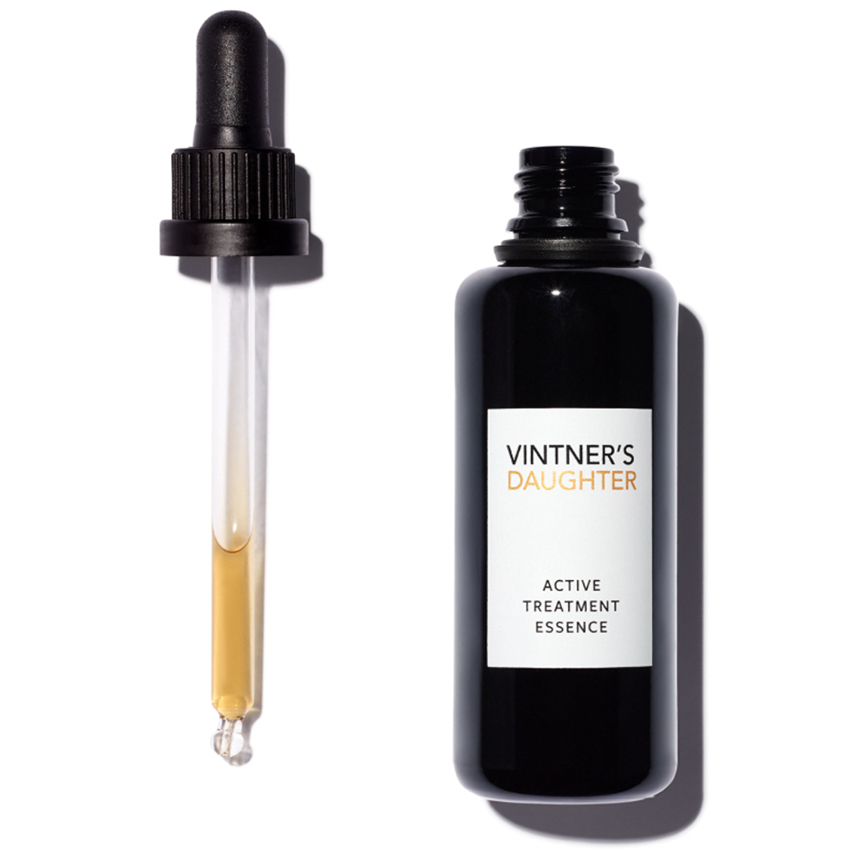
Vintner’s Daughter only makes two products, and they are both cult favorites. The brand is known for its proprietary Phyto Radiance Infusion, which is a blend of nutrient-rich plants that help brighten, exfoliate, and hydrate skin. In the Active Treatment Essence, the Phyto Radiance Infusion is paired with Phyto-Ferment, which is a two-week fermentation process that creates probiotics and renders ingredients easier for your skin to absorb. Though it is expensive, this essence is more than worth it, as the benefits are incredible.
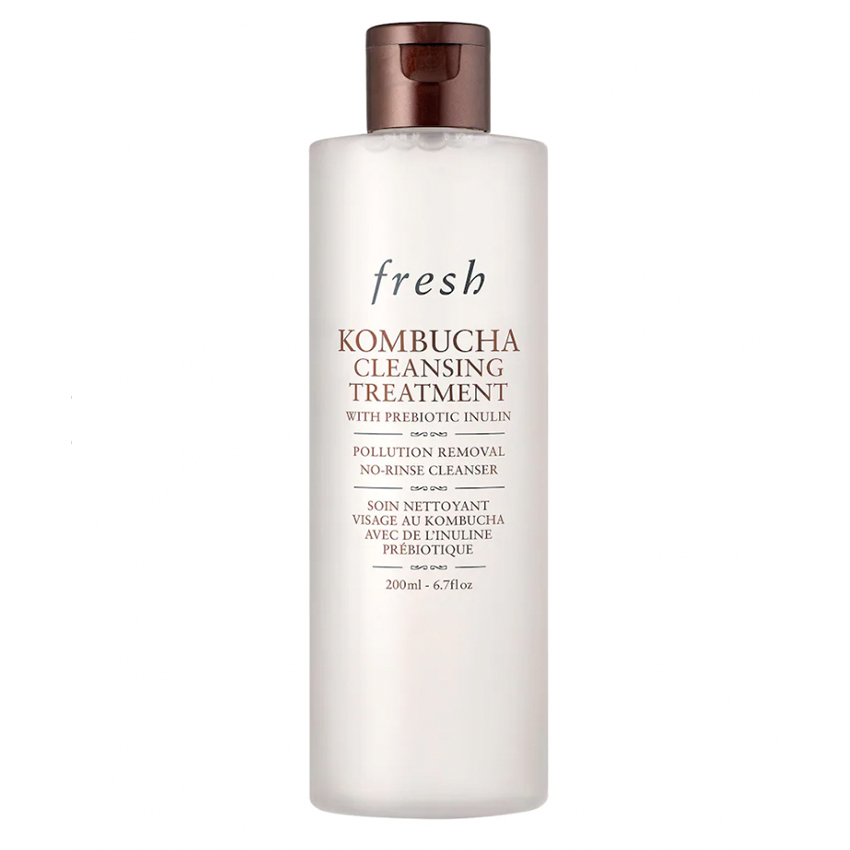
Kombucha isn’t just good to drink. The fermented ingredient also smooths, brightens, and protects skin from environmental aggressors. This innovative no-rinse cleanser removes makeup and dirt while refining pores and nourishing the skin’s barrier.
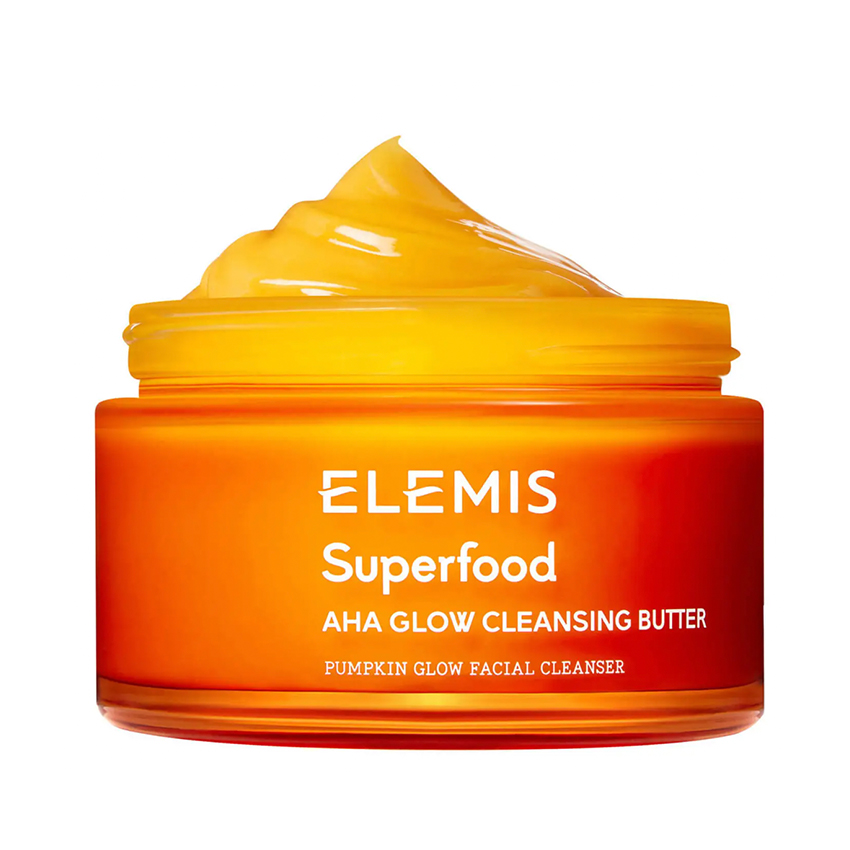
I love a good cleansing butter to take my makeup off without stripping my skin, and this is one of the best. It’s a triple threat of fermented ingredients, chock-full of fermented pumpkin, fermented acerola cherry, and fermented rice water. You can also use it as a face mask for smooth skin.

"Maei MD Serum 6 contains probiotics and also some of the postbiotic byproducts of fermentation, including amino acids, hyaluronic acid, and peptides,” says Marcus. "It is an intensely hydrating and soothing product that also has collagen-stimulating and anti-wrinkle ingredients. I love it because it combines many different benefits into one easy step.”
Next, I'm Trying to Look 25 Forever, so I Asked Derms What Night Creams to Prioritize
Prior to her time atBest Knockoff Luxury Clothing , Katie Berohn worked as the beauty assistant for Good Housekeeping, Woman's Day, and Prevention magazines, all part of the Hearst Lifestyle Group. She graduated from the University of Colorado, Boulder, with a major in journalism and minor in technology, arts, and media, and earned her master's degree at NYU's graduate program for magazine journalism. In addition, Katie has held editorial internships at Denver Life magazine, Yoga Journal, and Cosmopolitan; a digital editorial internship at New York magazine's The Cut; a social good fellowship at Mashable; and a freelance role at HelloGiggles.
